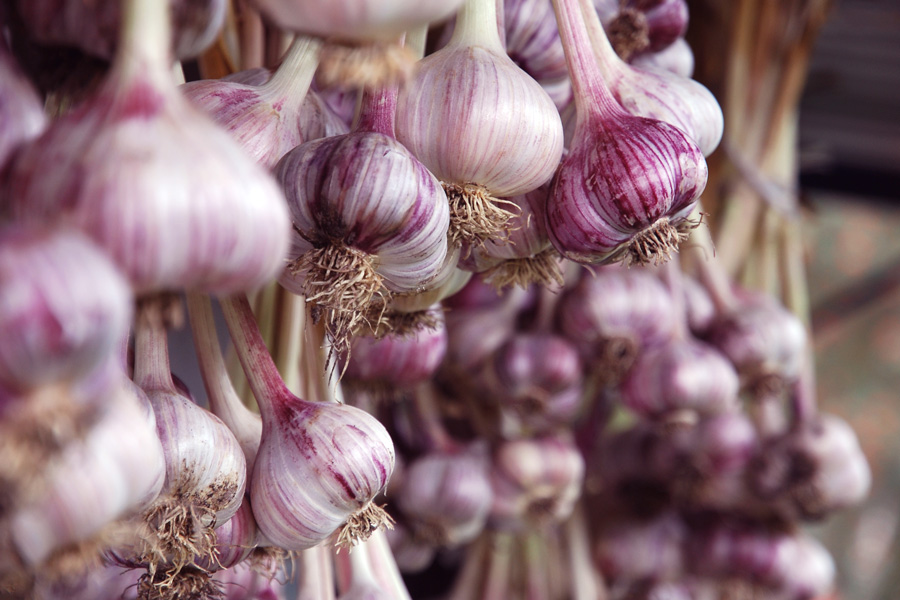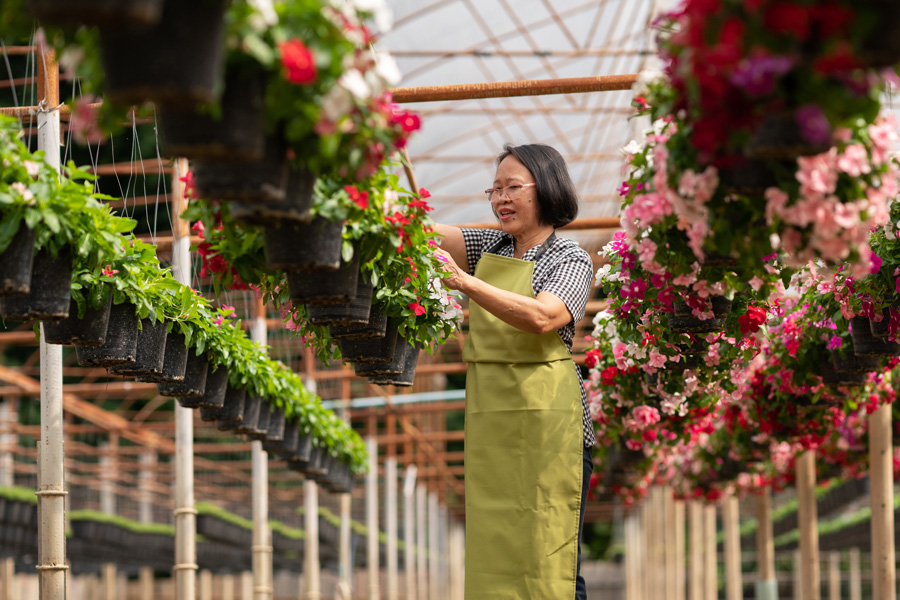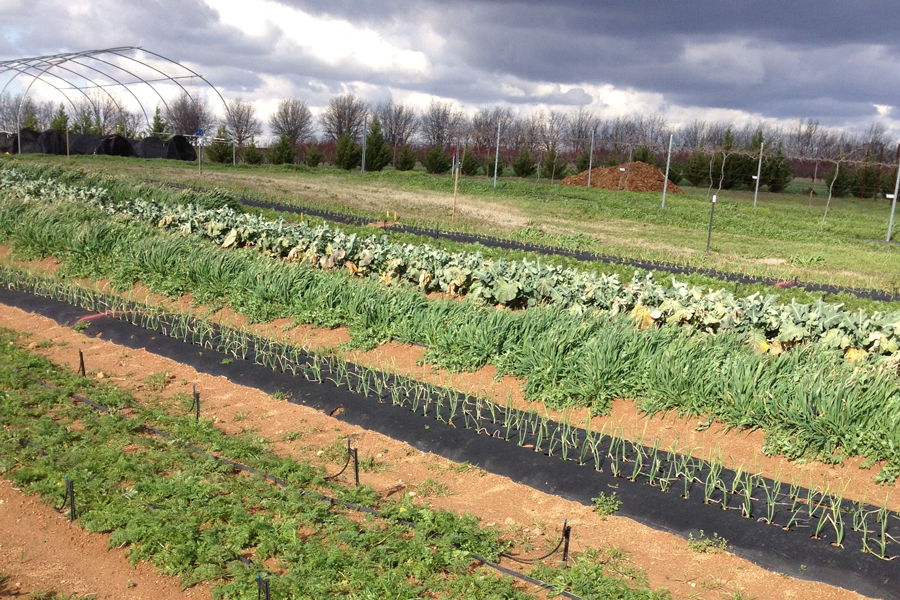Commercial Vegetables
-

This brief video describes how, when, and where to collect a postharvest water sample intended for generic E. coli testing, as required by the Produce Safety Rule for produce wash water.
Laurel Dunn, Andre Luiz Biscaia Ribeiro da Silva, and Govindaraj Dev Kumar
|
-

Laurel Dunn, Andre Luiz Biscaia Ribeiro da Silva, and Govindaraj Dev Kumar
|
-

Learn about irrigation scheduling methods for commercial vegetable production in Georgia through this video resource.
Laurel Dunn, Andre Luiz Biscaia Ribeiro da Silva, and Govindaraj Dev Kumar
|
-

This is an annual report highlighting research conducted during 2021 and 2022 for Vidalia onions. Research topics include: variety trials, irrigation and fertilizer strategies, sulfur content in soils, effect of fertilizers on yield, thrips, factors affecting postharvest incidence of bacterial bulb rot, and Botrytis leaf blight.
Timothy Coolong, Christopher Todd Tyson, Aubrey Shirley, and Ted McAvoy
|
-

This publication discusses how garlic, elephant garlic, and leek can be grown successfully in South Georgia.
Timothy Coolong
|
-

The idea of producing your own food in a clean, controlled environment is very appealing. While dreams may be big, careful research and planning should be done prior to jumping into any farm venture. Important items such as desire, capital, feasibility, labor, demographics, and marketing all need to be considered.
Bob Westerfield and Makenzie English
|
-

AP 130-1-05
2023 Vegetables and Pulses Outlook
1. Although the total U.S. fresh vegetable and harvested area decreased by 7% in 2021 compared to 2020, the harvested area is expected to improve in 2023—but not enough to offset 2021. 2. Total vegetables and pulses imports were $18.6 billion in 2021, an increase of 10.2% compared to 2020. This import trend is expected in 2023 despite the supply chain disruption. 3. Production input prices will continue to fluctuate depending on the situation in the Ukraine and Russia war. It’s likely that prices will continue to escalate if the U.S. government does not come up with a contingency plan.
Esendugue Greg Fonsah and Amanda R Smith
|
-

Interest in organic food has been growing over the past twenty years. In Georgia, growing conditions during the summer are particularly difficult for organic producers due to high insect, disease, and weed pressure. However, pest pressures are much reduced when the weather cools. The moderate conditions of late fall to spring are ideal for production of many cool-season crops in the Southeast, including many crops that are traditionally grown as summer crops in other parts of the country. Shifting cash crop production to the fall through spring season may allow farmers to produce high-value crops more efficiently. This strategy may be particularly effective for those interested in wholesale production. This also leaves a window in the summer for cover crops that have many benefits. This bulletin discusses organic cool-season vegetable production and gives guidance for maintaining both soil health and successful production.
Elizabeth L. Little
|
-

Drip irrigation is an important component of vegetable production systems in Georgia. Drip irrigation is more desirable than other irrigation methods for several reasons. Two important advantages are (1) water conservation and (2) potentially significantly improving fertilizer management. Fertigation is the timely application of small amounts of fertilizer through drip tubes directly to the root zone. Compared to conventional ground application, fertigation improves fertilizer efficiency.
Kerry A. Harrison, Darbie M. Granberry, Timothy Coolong, and W. Terry Kelley
|